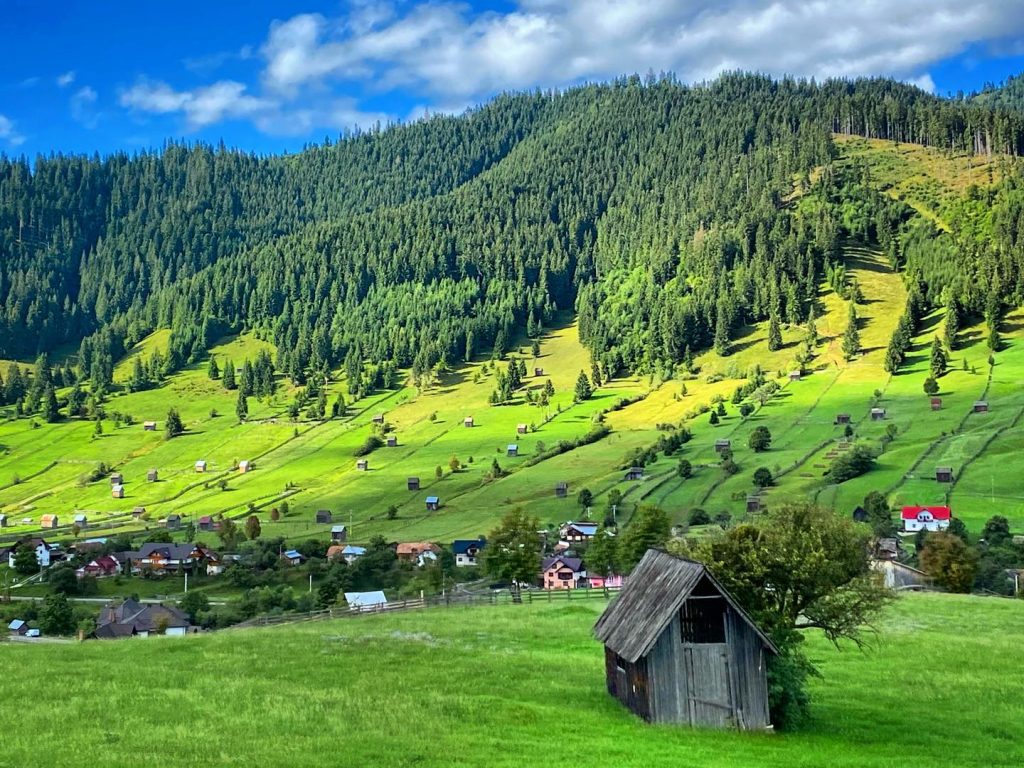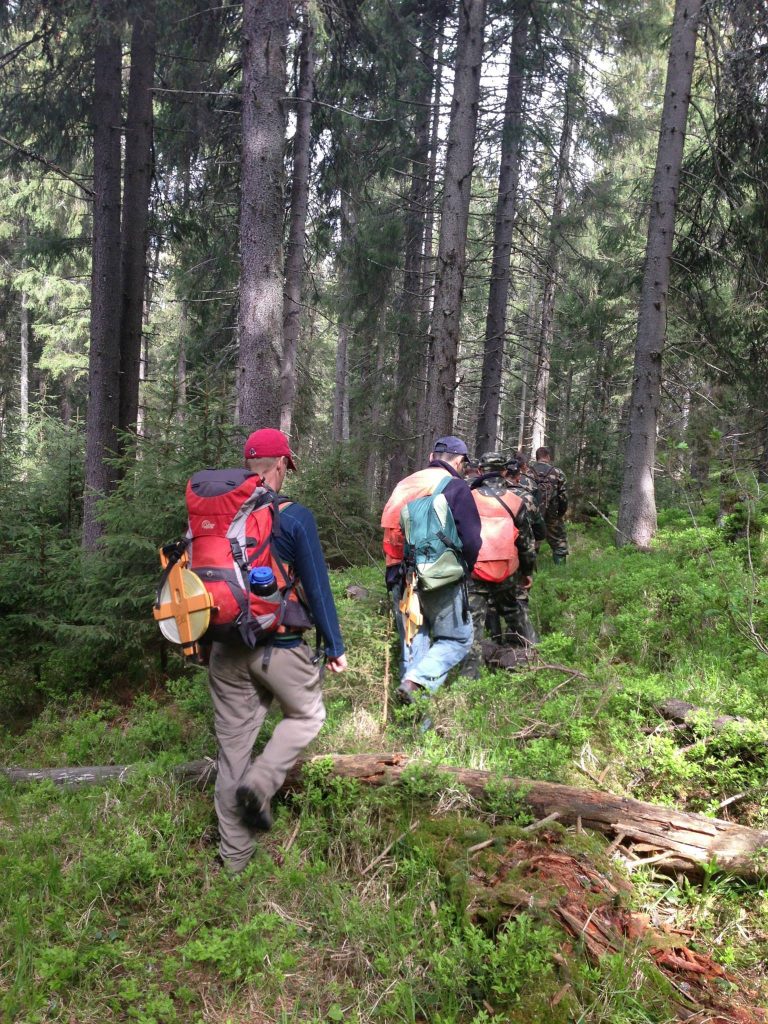The power of social innovation to increase the wellbeing of forest-dependent communities in the Carpathian and other mountain regions
The IUFRO Working Party 4.05.05 Social innovation and entrepreneurship organised a special session of the6th Forum Carpaticum entitled “The power of social innovation in mountain areas to steer a sustainable governance of nature”. Scientists from over the world were brought together (online) to discuss the emergence and development of social innovation in the Carpathian Mountains and beyond. The Forum’s presentations included a conceptual talk based on findings on social innovation in mountain forestry from H2020 SIMRA project coordinated by James Hutton Institute, topics on how social innovation can offer transformative opportunities to forestry in Ukraine; communities’ empowerment through carbon forestry in Slovakia; impacts of social innovation on inequalities in mountain–lowland relationships in Swiss Alps; citizen science and adopting Living Lab approach to foster sustainability transformations and foster biodiversity conservation through participatory management of nature protected areas, and others.

Prof Dr Maria Nijnik, Steering Committee member of Science for the Carpathians and the leader of the Session on social innovation said: “The session aimed to advance the knowledge on the role, power and place of social innovation in the development of Carpathian socio-ecological system, seeking to provide innovative solutions and sustainability considerations and ideas potentially useful for policy makers and practice communities of different levels, with ultimate aims of building the resilience to global changes in marginalized mountain areas.” The session leaders formulated recommendations for Science for the Carpathians and the Secretariat for the Carpathian Convention, emphasising that:
- social (including socio-ecological) innovations and innovative forest governance are important for sustainable development in the Carpathians to help reduce marginalization processes;
- it is important to analyse and improve the ways of how public and private sectors, various partnerships and collaborations can enhance, scale-up and scale-out social innovations in mountain areas and forest-dependent communities;
- attention is to be given to a consideration of enablers and barriers to answer the question of how social innovations can deliver transformative opportunities on the ground.

Dr Mariana Melnykovych, a Deputy Coordinator of the IUFRO Working Party on Social innovation and entrepreneurship and newly elected Steering Committee member of Science for the Carpathians commented: “Policy support is in the outmost importance in reaching sustainability objectives. We trust that our messages to decision-makers on how to foster sustainability transition through social innovations in the Carpathians will be considered by the communities of practice at various levels to contribute to the development of better policies for mountain regions and steer the green recovery”.
As a follow-up of the Forum Carpaticum and to promote knowledge sharing, Maria Nijnik delivered two educational modules for United Nations Mountain Partnership: Course 2021 (fao.org, 6-19 July) with her lectures explaining the role and place of social innovation in the Post-Covid-19 process of green recovery in mountain areas. Approximately 35 participants attended this online course (selected among government staff, development experts and practitioners from all over the world). Social innovation examples from forestry in Scotland were presented, along with selected findings from forest research conducted under the Strategic Research Programme of The Scottish Government, the European Commission supported SIMRA Project and our collaborative work in the Carpathian region (carpathianscience.org). Online classes will be made publicly available.
| What is the Forum Carpaticum? |
| The Forum Carpaticum is an open meeting of the Science for the Carpathians (S4C) initiative organised as an international conference to generate a broad spectrum of scientific evidence from both, the natural and social sciences, as well as practical understanding on how to generate valuable knowledge for sustainable development of the Carpathian mountain region. In the last week of June 2021, the 6th Forum Carpaticum on Linking the Environmental, Political and Societal Aspects for Carpathian Sustainability has gathered over 150 scientists, policy-makers, NGOs and other relevant stakeholders to discuss how to advance sustainable developments of the Region. The Forum aimed to: exchange ideas, knowledge and research results, fostering dialogue between researchers, policy makers, and practitioners;promote new inter-disciplinary and trans-disciplinary collaborations, establishing links between S4C, local and regional authorities, and local stakeholders involved in environmental management;advance Carpathian research on climate, water, ecological processes, forestry, nature conservation, sustainable use of natural resources, human-environment interactions and promote education for sustainable development. |

Leave a Reply